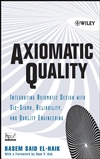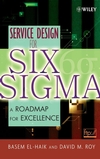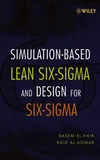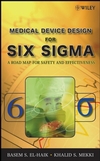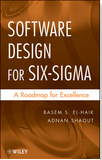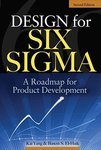

Computer-Aided Robust Design (CARD)
Computer-Aided Robust Design (CARD) is a DFSS process with SSPI in-house software tool in which parameter design and tolerance design are conducted on a simulation mathematical model instead of physical hardware. In CARD, robustness is the capability of a certain model to perform consistently in the presence of noise. CARD is directly linked to Axiomatic Design & Probabilistic Design Technologies . Transfer functions are derived from computer experimentation. This allows us do either of : Transfer Function Meta Modeling Robustness Assessment: to assess the functional requirements in a design matrix in the presence of noise factors.
Optimization: To find the nominal settings or tolerance settings such that the functional requirements in a design matrix have minimum variability in the presence of noise.
CARD is used extensively in automotive, medical devices, manufacturing and industrial applications. CARD is enabled by simulation and modeling. When a CAE (Computer-Aided Engineering) model is computationally expensive to run or multi response need to be considered (e.g. 2x2 or higher order design matrices), a surrogate model in place of the original CAE will be derived to reduce the number of CAE runs. In CARD, analysis is conducted using a fast-to-compute surrogate model. As a check, the final result of CARD will be confirmed using the original CAE.
CARD helps avoid over/under design by:
- Improving capability of designing for specified customer usage
- Identifying low-cost significant design parameter settings in the design matrix that influence robustness and reliability
- Quantifying contribution of parameters that influence robustness
- Identifying design direction that enables effective search for optimal robust design without trial and error.
- Allowing exploration of the design limits when physical test to failure is too expensive
- Guiding design of more cost effective hardware test with fewer samples
- Shortening RPP time to prevent any robustness issue before hardware is built
- Providing more confidence in getting the first prototype right
- Serving as a faster and cheaper than hardware testing iterations
- Providing the opportunity to perform robust design optimization even before hardware build experimentation is available.
To know more, contact us @: info@sixsigmapi.com or (734) 765-5229.








